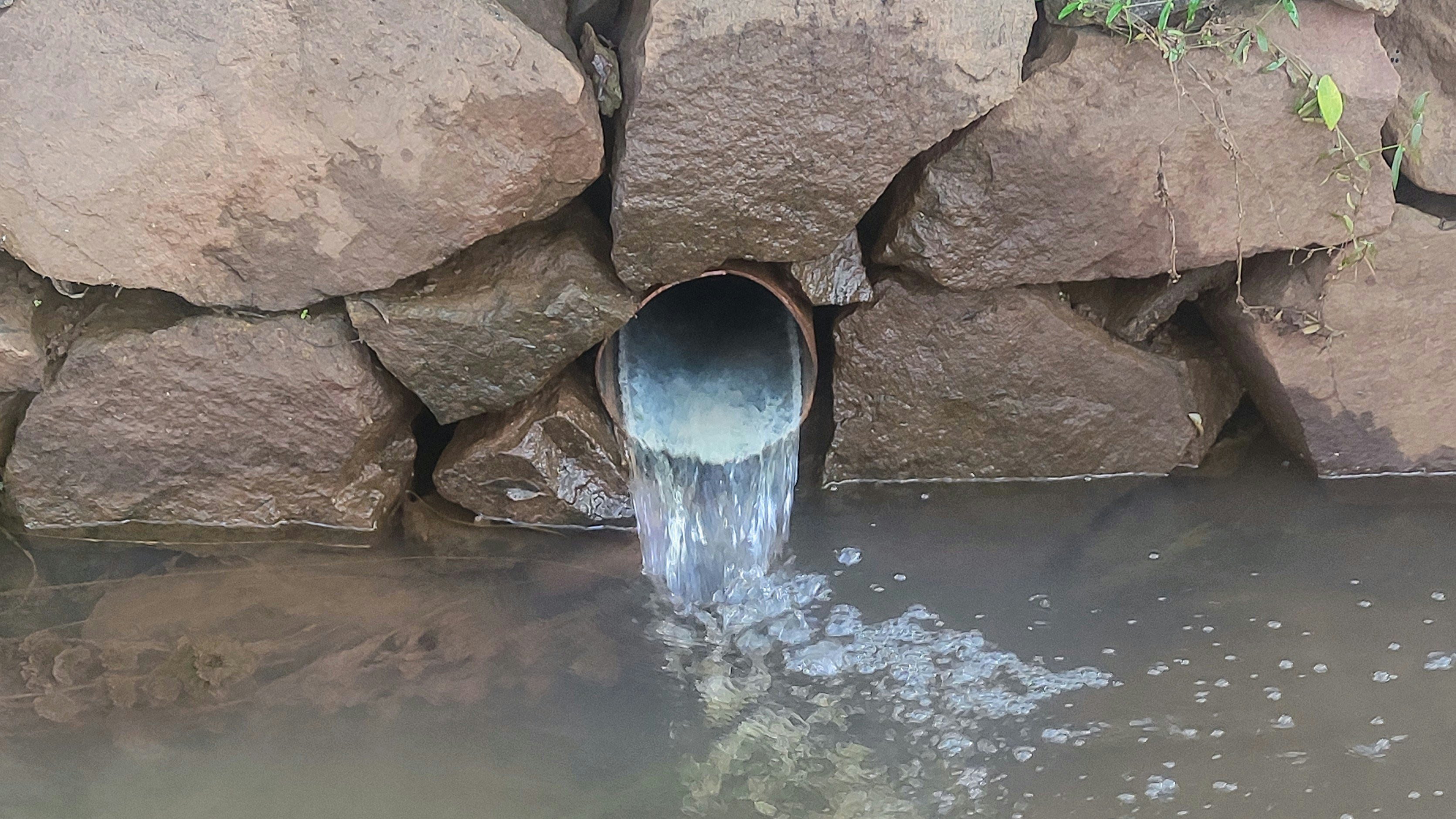
It's Oktoberfest time again in Munich. And the approximately six million people at the Theresienwiese are also leaving their mark on the wastewater from sewage treatment plants. A research team from the Leibniz Research Alliance INFECTIONS has taken a closer look at this. In episode 6 of the podcast ‘Mikroben im Visier’, the scientists explain why they did this and what the results were.
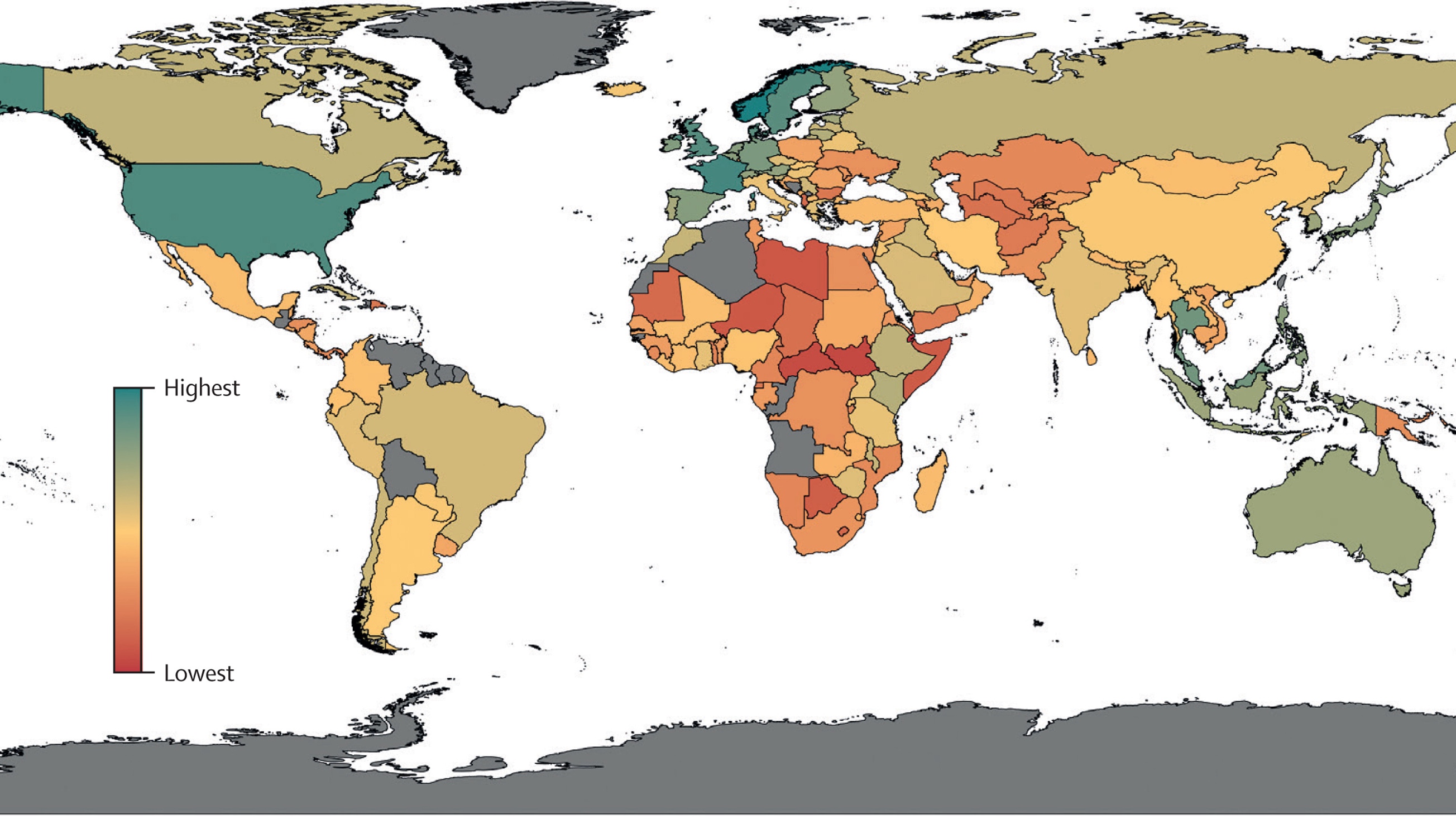
Within an international collaboration, members of the Leibniz Research Alliance INFECTIONS analysed national action plans from 161 countries and regions. Recently published findings indicate why some countries are more successful than others.
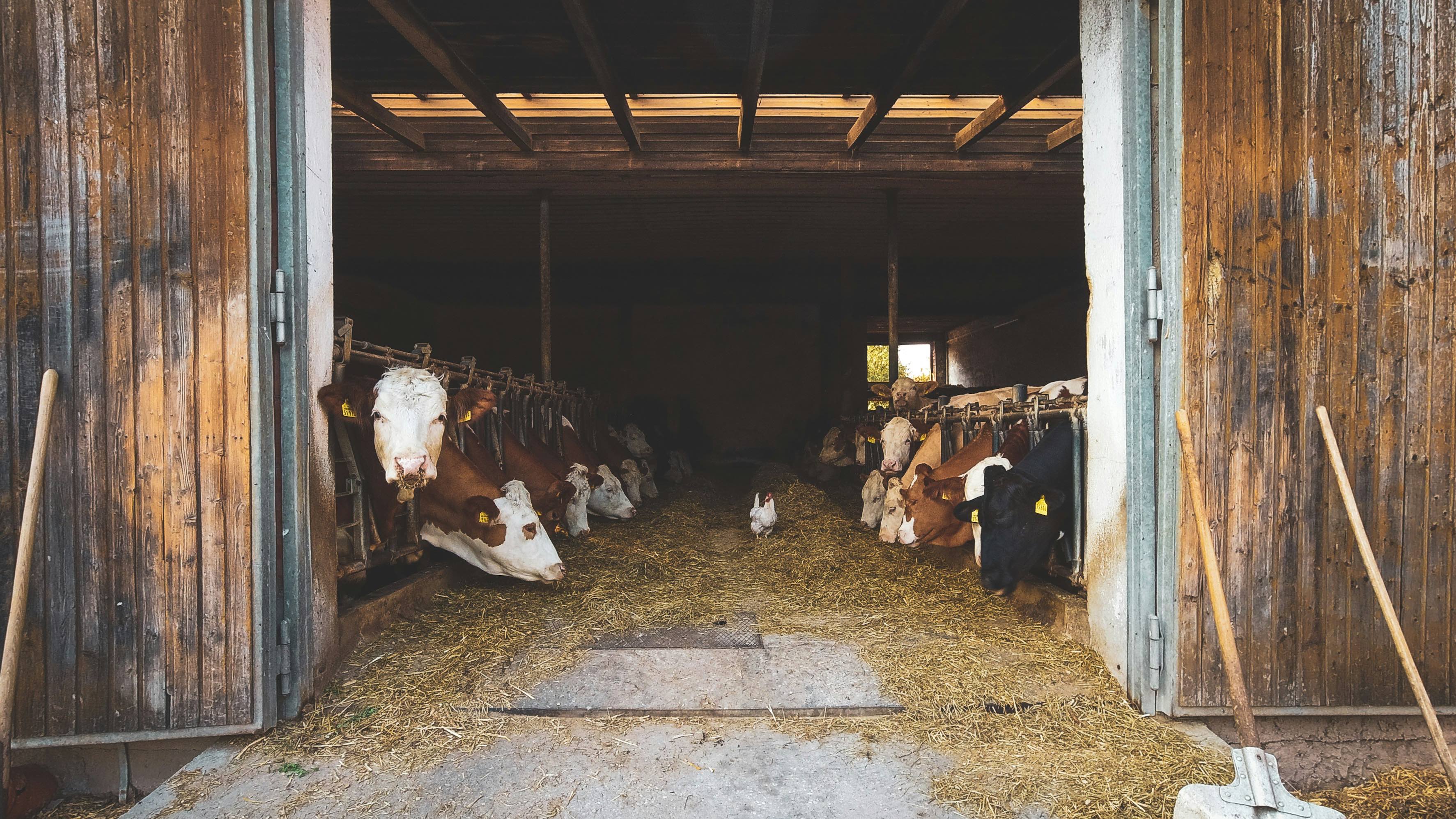
How do resistant bacteria spread from animal husbandry into the environment and to humans, how is this being researched at the Leibniz Research Alliance INFECTIONS, and what measures can prevent the spread of resistance? These are the topics covered in episode 5 of the podcast “Mikroben im Visier”.
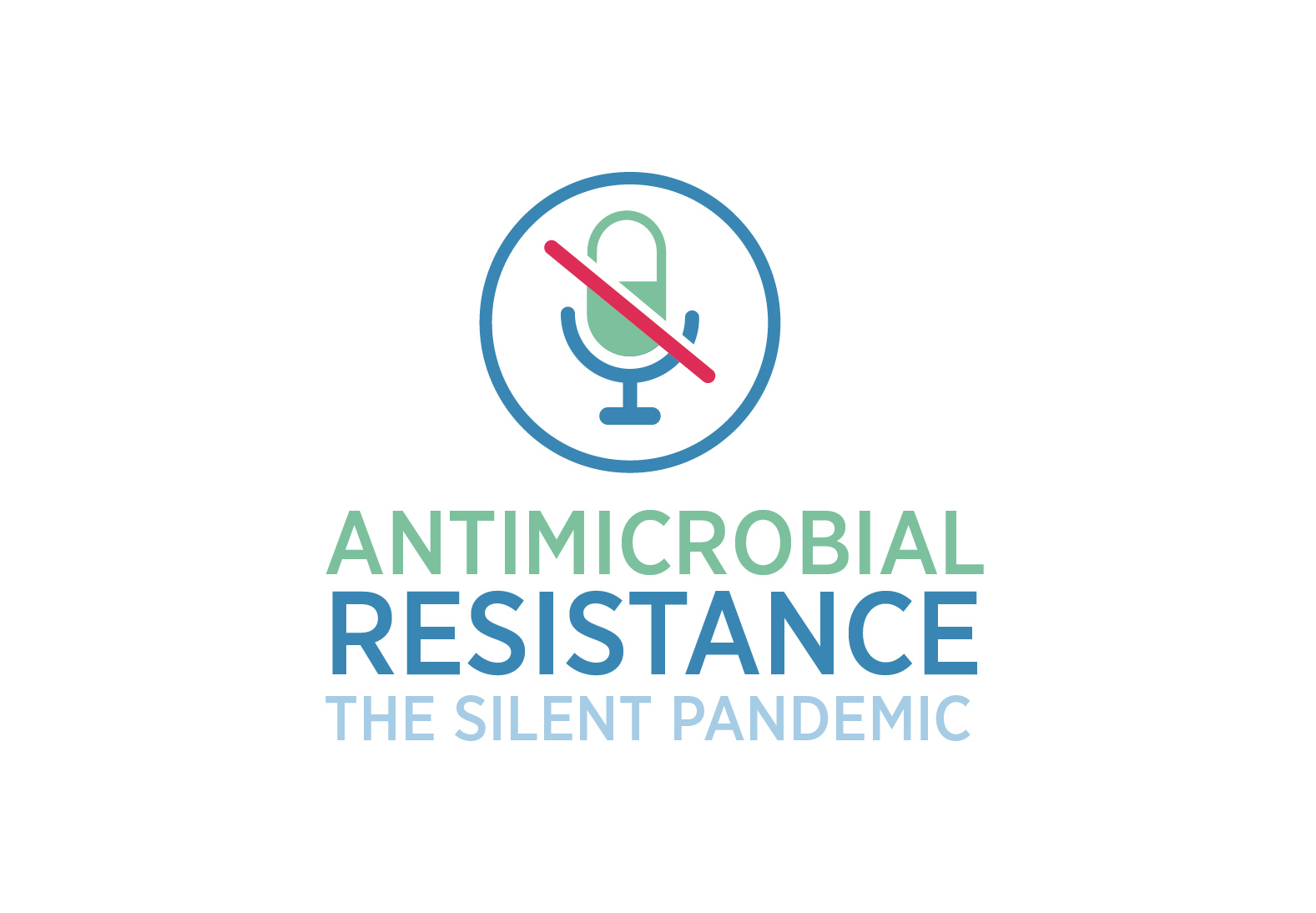
On March 10 and 11, 2025, the symposium INFECTIONS - Symposium “Antimicrobial resistance: The silent pandemic” will take place at the Leibniz Institute for Analytical Sciences - ISAS - e.V., - ISAS Research Institute Campus, Otto-Hahn-Straße 6b, 44227 Dortmund, Germany.
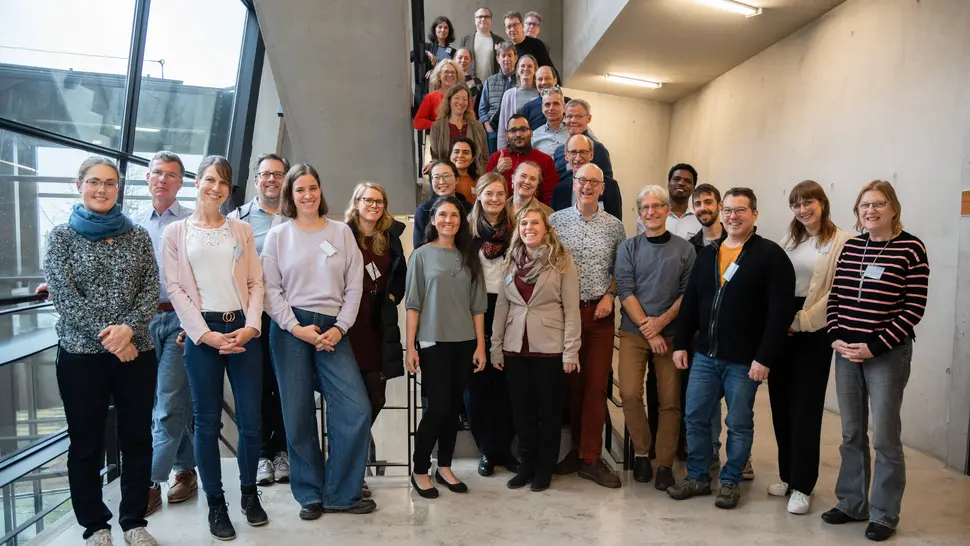
From 28 to 30 October 2024, the members of the Leibniz Research Alliance INFECTIONS met for the 8th Plenary Assembly at the Bernhard Nocht Institute for Tropical Medicine (BNITM) in Hamburg. They discussed the future direction of the network and presented their research findings on combating antimicrobial resistance (AMR) - a key issue for global health.